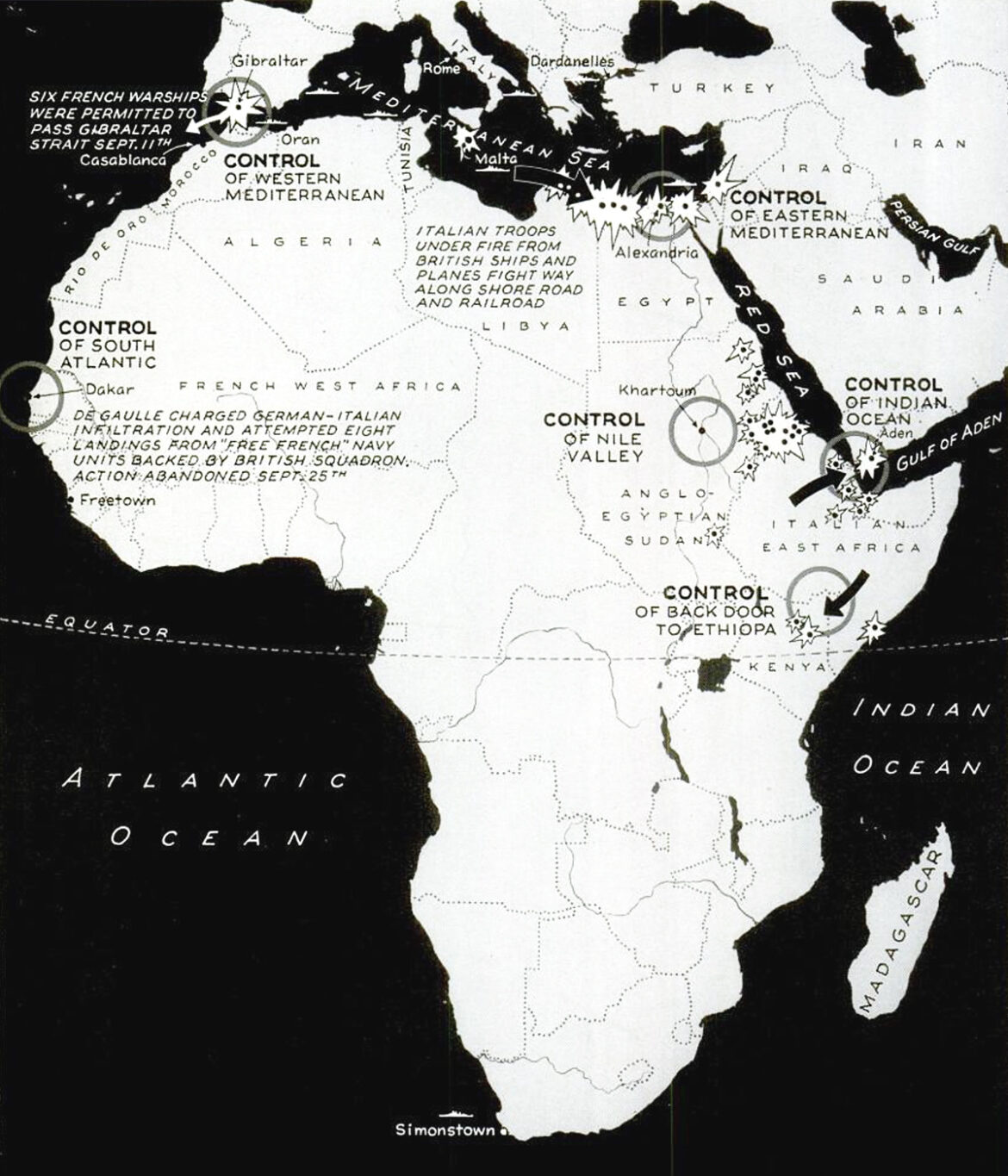South Africa’s involvement in the Second World War is a multifaceted topic that intertwines historical events with critical moral and ethical questions, particularly from a Christian perspective. The war, which lasted from 1939 to 1945, was not merely a geopolitical struggle but also a profound moral conflict that challenged the conscience of nations and individuals alike. This article endeavors to examine the contributions of South Africa during the war and the subsequent consequences, shaped by the lens of Christian principles and values.
I. Historical Context of South Africa in the War
Before delving into the specifics of contributions and consequences, it is essential to understand the historical and sociopolitical milieu of South Africa at the time. As a member of the British Commonwealth, South Africa was inclined to support the Allied powers upon Britain’s declaration of war against Germany. Nonetheless, the nation was fraught with internal divisions, particularly along lines of race and class. The complexity of these divisions influenced both the support for the war and the post-war landscape.
II. Contributions to the War Effort
South Africa made significant contributions to the Allied war effort through military, economic, and logistical channels. Approximately 334,000 South Africans served in the armed forces during the war, with many fighting in North Africa and Italy. Their bravery and sacrifice were often lauded in the annals of military history, yet they also bring to the forefront questions of morality and the human cost of warfare.
The South African Air Force and Army played critical roles, participating in key battles such as El Alamein, which proved pivotal in the North African campaign. Notably, the valor demonstrated by South African troops reinforces Christian ideals of courage and selflessness. They displayed a commitment to what they deemed a just cause, reflecting the notion that one may lay down their life for one’s friends, as articulated in the Scriptures.
Additionally, South Africa’s economy flourished during the war due to increased demand for minerals and agricultural products. The government allocated resources and efforts toward war production, underscoring a collective national determination to contribute to global peace and stability. This economic boom, however, was dual-edged, as it further entrenched the racial hierarchies that would fuel the flames of apartheid in subsequent decades.
III. The Ethical Dilemma of Racial Inequality
From a Christian perspective, one must grapple with the ethical implications of the war effort vis-à-vis the racial inequalities that characterized South African society. While many white South Africans were able to enlist and serve, black South Africans faced systemic barriers that precluded them from similar participation in the war. The exclusion from military service and equal opportunities raised profound moral questions regarding the nature of justice and equality before God, principles central to the Christian faith.
The contrast between the noble ideals espoused in Western theology and the reality of racial discrimination calls for introspection. Did the Church’s silence on issues of racial injustice amidst the patriotic fervor represent a failure to uphold the teachings of Christ, who advocated for the marginalized and oppressed? This dichotomy continues to resonate deeply in ethical discourse.
IV. Consequences of South Africa’s War Efforts
Following the cessation of hostilities in 1945, South Africa faced an ambiguous legacy of its war contributions. On one hand, the valor of its soldiers became a source of national pride; on the other hand, the war further entrenched divisions along racial lines. The rise of the apartheid regime in the late 1940s can be seen as a direct consequence of the war and the economic boons that followed it, which benefitted predominantly the white populace, exacerbating social strife.
The ramifications of this societal division carry profound implications for Christian communities within South Africa. As believers, the challenge remains to reconcile the patriotic pride felt for military contributions with the moral imperatives of love, justice, and reconciliation. The question arises: How can a nation that fought against tyranny abroad facilitate peace and justice at home?
V. Reflection on Christian Principles
In closing, the legacy of South Africa during the Second World War serves as a poignant reminder of the complexities of faith, identity, and morality. For Christians, the war becomes not only a chapter in history but also a call to action and reflection. How might one apply the lessons gleaned from war to build a society rooted in love, justice, and unity—a society that embraces all as equals in the eyes of God?
As we ponder these questions, it is critical to draw from the teachings of Jesus, who models reconciliation, service to others, and the pursuit of peace. The contributions of South Africans during the Second World War should inspire a commitment to justice and equity, serving as beacons in the ongoing struggle against social injustices that persist today.
In examining the contributions and consequences of this era, may we as Christians strive to embody the principles of our faith, ensuring that our actions reflect our beliefs. Only then can we honor the sacrifices of those who fought not only for their homeland but for the universal principles of freedom and equality.



